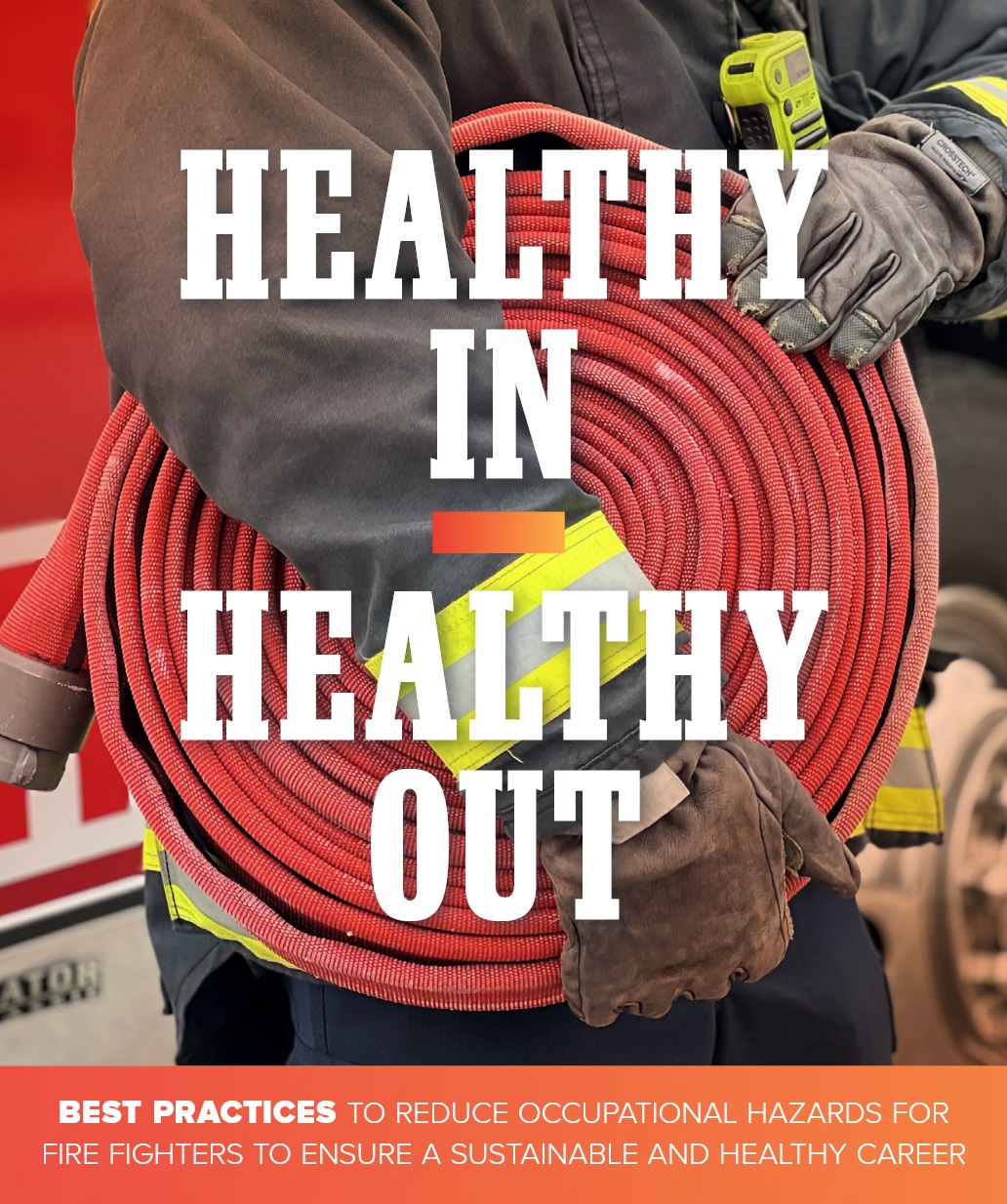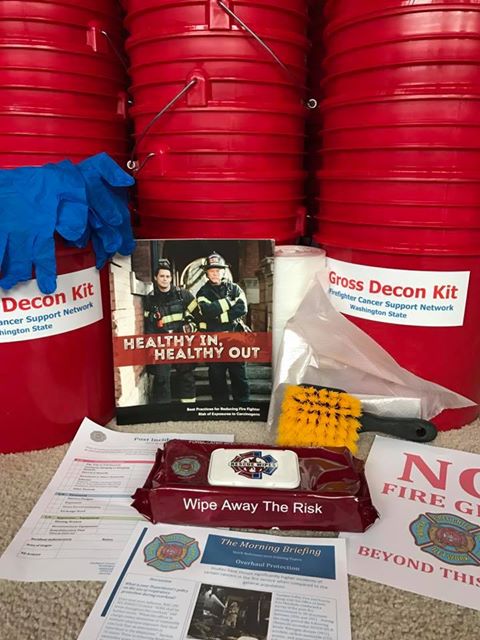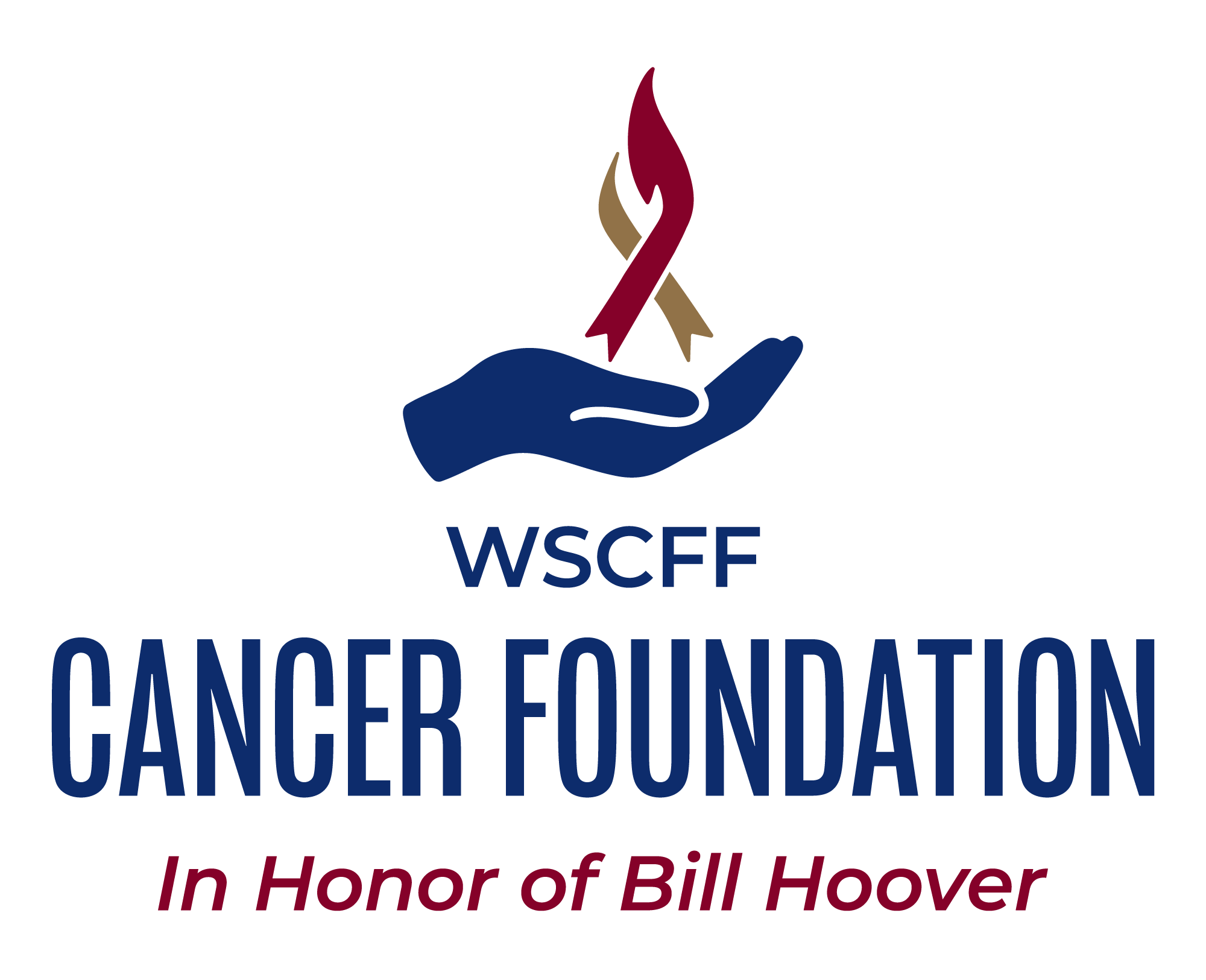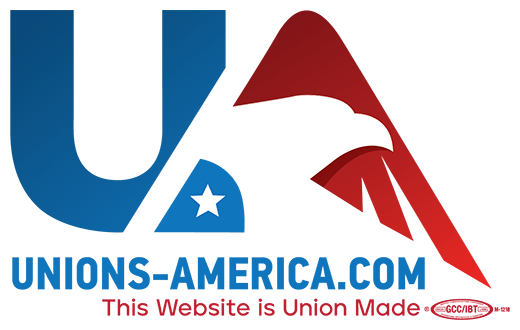 Mission Statement:
Mission Statement:
The goal of this best practices manual is to encourage safe and healthy practices from the first day as a firefighter to retirement. A career in the Fire service exposes firefighters to deadly carcinogens at every fire. This manual identifies the best practices that reduce Fire Fighter's risk of exposure to carcinogens.
Cancer may never be eliminated from the fire service, but steps must be taken to reduce the number of firefighters being diagnosed and dying every year. Common sense practices, equipment and guidelines are all components of these best practices.
Funding and support for this project has been provided by the State of Washington, Department of Labor & Industries, Safety & Health Investment Projects.
Healthy In, Healthy Out is a publication of the Washington State Council of Fire Fighters. If you want copies of the brochure, available in both English and Spanish, or have questions about the project, please contact us:
Phone: 360-943-3030
Email: info@wscff.org or hiho@wscff.org




